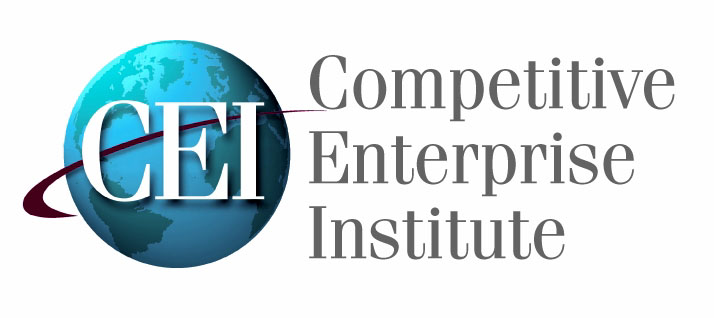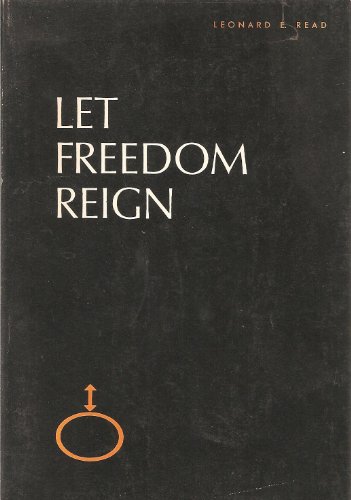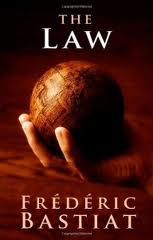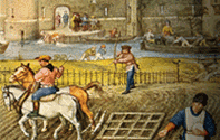So how does all this economic theory, even when it’s found in something as simple as a pencil, have anything to do with me? Keep watching…
“None of the thousands of persons involved in producing the pencil performed his task because he wanted a pencil. Some among them never saw a pencil and would not know what it is for. Each saw his work as a way to get the goods and services he wanted—goods and services we produced in order to get the pencil we wanted. Every time we go to the store and buy a pencil, we are exchanging a little bit of our services for the infinitesimal amount of services that each of the thousands contributed toward producing the pencil.
“It is even more astounding that the pencil was ever produced. No one sitting in a central office gave orders to these thousands of people. No military police enforced the orders that were not given. These people live in many lands, speak different languages, practice different religions, may even hate one another—yet none of these differences prevented them from cooperating to produce a pencil.” – Leonard Read, “I, Pencil” original essay, published in 1958
After watching and thinking about all this, how would you answer our question? “Do Free Markets Promote Cooperation?” We are constantly hearing how all the competition and “greedy capitalism” in our world is the basis for violence and war, but is this so? What are the specific ways in which freedom allows for unity and cooperation? How does this idea inform the role government should play in the market if cooperation and unity (peace, if you will) is the goal? What are some specific ways government (and voters like you) could promote free markets and cooperation? Keep thinking about these things, especially every time you grab a pencil!








